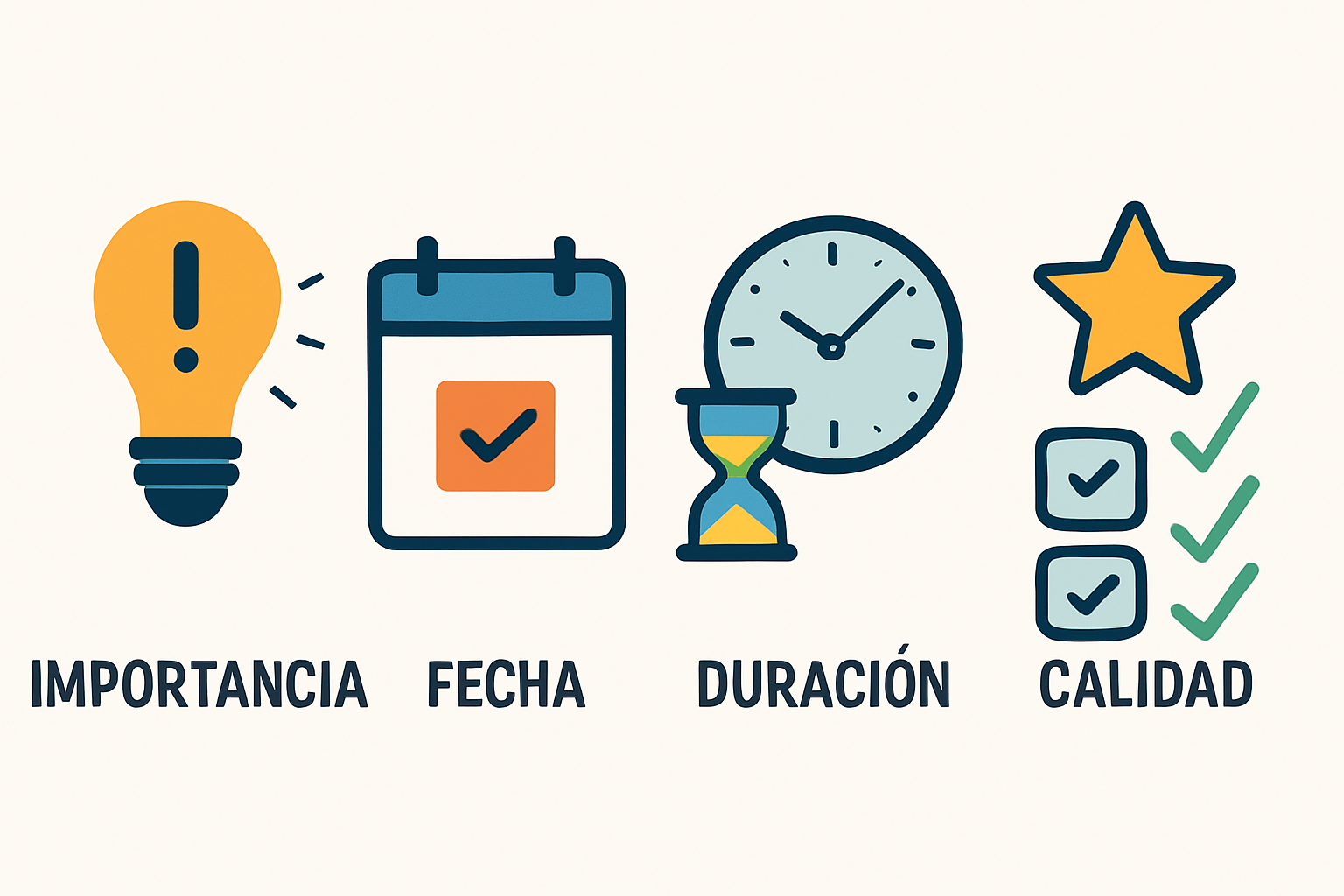Building Financial Precision: Why Every Payment Format Matters in Business Operations

There’s nothing flashy about paperwork or forms—but when one detail is off, everything can slow down. It’s the small, everyday things that keep your finances smooth. That includes knowing how to handle all the ways money comes in and goes out. No shortcuts. No guessing.
While it’s tempting to lean only on modern tools, the real power comes from understanding the entire system—old and new. This article breaks down why knowing every format, from digital to paper, still matters in the day-to-day operations of any serious business.
Payment Variety Is the New Normal
Companies deal with all kinds of transaction methods in today’s work environment. It’s not just online banking anymore. Wire transfers, cards, ACH transfers, direct deposits, and even paper-based methods are still in use. Some clients pay digitally, while others stick to traditional forms. If your team doesn’t understand how each one works, it can lead to confusion and mistakes. That’s why it’s important to stay familiar with the different types—so that nothing falls through the cracks and all money flows stay accurate.
Paper-Based Tools Still Matter and Must Be Handled Properly
Not everything is digital, especially in law, healthcare, or government industries. Paper-based methods are still around. Knowing how to process these correctly prevents delays, rejected documents, or miscommunication with clients and vendors. That’s where reading a check comes in. Understanding the placement of routing numbers, account numbers, and the written amount helps ensure the information is interpreted correctly. It’s a small skill that still plays a big role in keeping things error-free.
Format Has Its Own Risks
Every method comes with its own set of problems. A card payment might get declined. A wire transfer could go to the wrong account. A physical form could get lost or smudged. That’s why it’s important to understand how each format works and what can go wrong. If you don’t know what to look for, it’s easy to miss mistakes or even get tricked. When teams are familiar with these risks, they can act faster and fix things before they become major issues.
Reconciliation Gets Complicated Without Format Awareness
When it’s time to match what was received with what was recorded, things can get messy—especially when different formats are involved. It’s harder to track things when one client uses bank transfers, and another sends forms by mail. You might miss details or mislabel a transaction. Reconciliation becomes easier if your team understands how each method looks and behaves. It means fewer errors, faster processing, and a smoother workflow for whoever’s handling the records.
Spotting Fraud Starts with Knowing What’s Normal
One of the easiest ways to miss fraud is not knowing how things are supposed to look. If someone fakes a form or changes a number, it might slip past someone who isn’t trained to recognize red flags. But if your team is familiar with each method’s standard layout, fields, and flow, they’ll be better at spotting issues immediately. This simple awareness can protect your business from costly errors or intentional misuse.
Audits and Compliance Rely on Accurate Records
When tax season rolls around, or an audit shows up, the last thing you want is missing or mismatched records. Each financial format leaves a different kind of trail. It can raise red flags if your records don’t line up—because something was entered incorrectly or processed without checking the format. Being able to provide clear proof for every transaction shows you’re organized and operating correctly. It also helps your accountant or auditor move faster and avoid unnecessary back-and-forth.
Training Gaps Can Lead to Costly Errors
Many people entering the workforce today are used to digital tools. That’s great, but it also means they may not know how to handle non-digital methods. If your team doesn’t know how to process physical forms or recognize different styles of financial documents, small mistakes can turn into bigger problems. That’s why onboarding and training should include a refresher on every method you still use. It’s a small investment that helps prevent confusion, delays, or embarrassing errors down the road.
Vendors and Clients Use Different Methods
Not everyone uses the same tools. Some vendors prefer digital transfers, while others rely on traditional options. If your staff isn’t familiar with how to process each method correctly, it can lead to miscommunication or missed deadlines. Understanding how to handle various approaches improves your response time and builds stronger relationships with vendors and clients. It also makes your company look more capable and flexible in a world where adaptability is key.
Smarter Processes Come from Understanding the Details
You can’t improve what you don’t understand. Knowing how each transaction method works helps you see where time or resources are being wasted. Maybe one method takes longer than it should, or another carries more risk than expected. Once you have that insight, you can automate the right steps, remove unnecessary ones, or set up checks to avoid mistakes. Real improvement starts with clarity—and that means understanding how each format fits into the bigger picture.
Accuracy Builds Trust and Reputation
People notice when you get the small things right. Sending the right amount, processing requests on time, and handling forms with care shows professionalism. Clients, partners, and internal teams all benefit from that attention to detail. Over time, this creates trust. And in business, trust leads to more referrals, better partnerships, and stronger results. It doesn’t take fancy systems to build a good reputation—just consistent accuracy in how you handle money, no matter the format.
Knowing how to manage every format isn’t about being old-fashioned—it’s about staying sharp. Whether you’re handling something digital or printed, being able to process it correctly protects your time, money, and reputation. These small habits add up to smoother operations and stronger relationships with the people you work with. So, before chasing new tools, take a moment to make sure your team understands the basics. Precision at this level is what keeps everything else on track.



